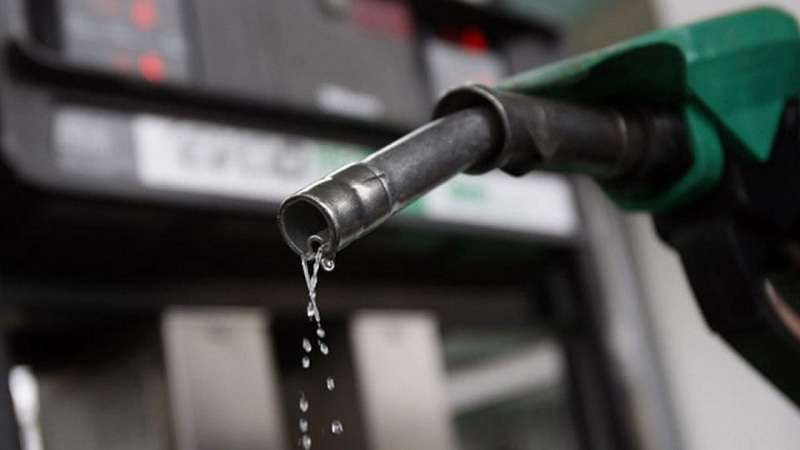ISLAMABAD – The Finance Ministry of Pakistan has announced a significant rise in the collection of petroleum levies, which nearly doubled to Rs 720 billion in the first nine months of fiscal year 2023-24, up from Rs 362 billion in the corresponding period last year.
This marks a 99 percent increase, highlighting a major uptick in this crucial source of non-tax revenue for the country.
Petroleum levy, a charge collected from consumers at the point of sale on petroleum products such as petrol and high-speed diesel, has been a controversial topic due to its direct impact on the prices paid by consumers. Currently, the government levies Rs 60 per liter on various petroleum products, which constitutes approximately 21 percent of the retail price of petrol and diesel.
The steep climb in levy collections comes amidst soaring global oil prices and fluctuating supply dynamics, which have placed additional financial burdens on Pakistani citizens. With the economy still recovering from various external and internal pressures, including inflation and currency devaluation, the increased levy has been viewed by many as an additional strain on the common populace.
Economic analysts and industry experts have raised concerns over the sustainability and social implications of this levy increase. “The sharp rise in petroleum levy collections not only indicates a higher consumption pattern but also reflects an increased burden on the average consumer,” stated Dr. Bukhari, an economist based in Karachi. “While it boosts government revenues, the strategy could backfire by fueling inflation and reducing consumer spending power.”
The government defends the levy as a necessary tool for revenue generation, especially at a time when it is grappling with fiscal deficits and seeking to stabilize the economy without excessive foreign debt reliance. However, critics argue that this approach disproportionately affects lower and middle-income groups, who spend a larger portion of their income on fuel and related expenses.
Public response has been one of concern, with many calling for a reassessment of the levy structure to alleviate the financial pressure on consumers. Social media and various advocacy groups have been vocal about the need for government transparency and a fairer taxation system that does not unduly burden the average Pakistani.
“The government needs to find a balance between revenue generation and economic relief for its citizens,” added Dr. Bukhari. “Reducing the petroleum levy, even slightly, could provide much-needed respite to many, especially under the current economic conditions.”
As the fiscal year progresses, all eyes will be on the government’s next steps regarding petroleum levy management. Many hope for a strategy that aligns fiscal responsibility with social equity, ensuring sustainable economic growth while protecting the purchasing power of Pakistan’s citizens.
